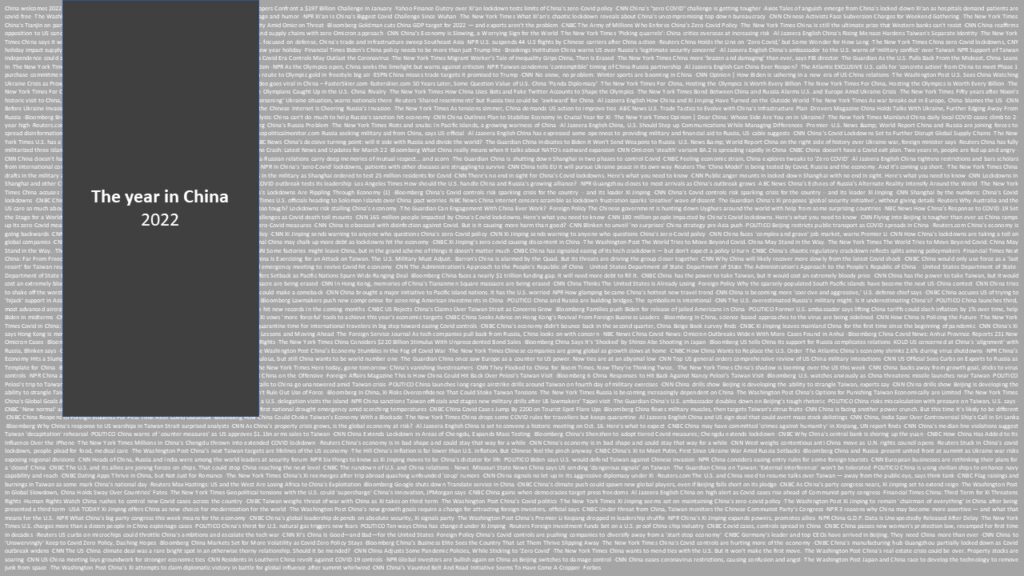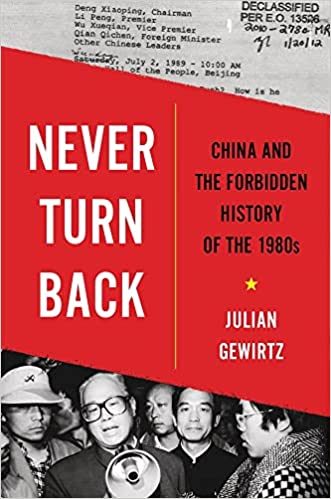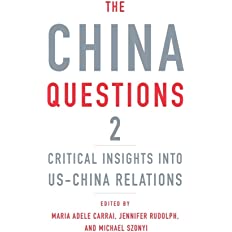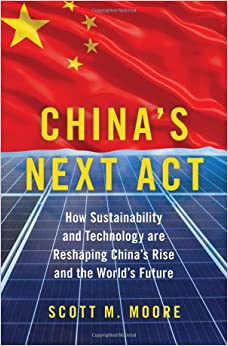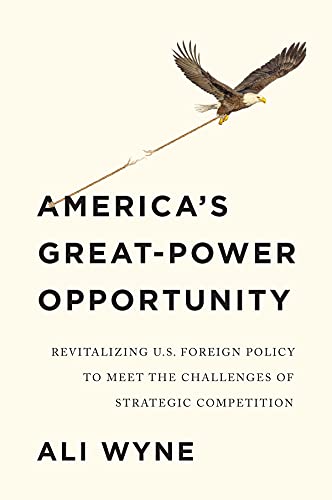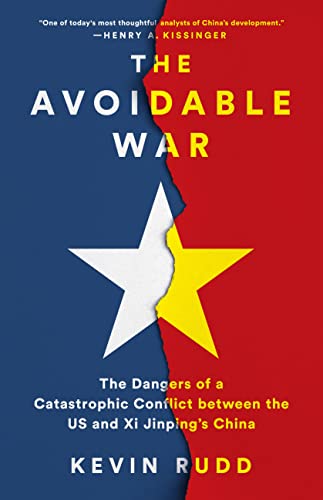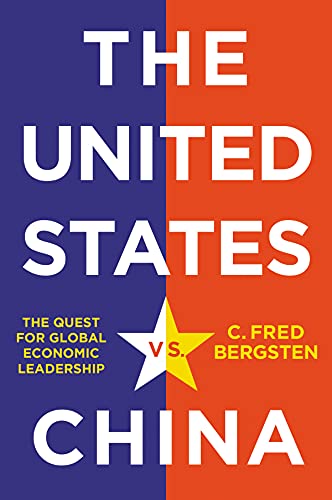Review of Never Turn Back: China and the Forbidden History of the 1980s by Julian Gewirtz. Harvard, 2022.
In China’s official history of the 1980s, political reform was never on the table. The Party was and would always remain in command of a modernized China. In fact, Julian Gewirtz writes, it was a “period of extraordinary open-ended debate, contestation, and imagination. Chinese elites argued fiercely about the future, and official ideology, economic policy, technological transformation, and political reforms all expanded in bold new directions.” Whether supportive of or opposed to what became known as China’s reform and opening, China’s elite acknowledged, much as the West once hoped, that economic and political reform could not be decoupled.
On the economic track, officials debated how open China’s economy ought to be, how fast it would be allowed to get there, and whether the country was prepared for the social and environmental consequences. Politically, elites disagreed whether it was the efficiency, effectiveness, or efficacy of China’s system that was at fault. Those who sought a more efficient Party focused on rooting out corruption and ineffectual leadership. Those who wished for a more effective government pushed for greater separation between Party and state. The boldest envisioned empowering alternative power centers, including independent labor unions and minority political parties, as a supervisory check, but not threat, to Party rule.
While the open advocacy of alternative paths for China may have receded, their adherents remain within and beyond the Party. As Cai Xia, a former professor at the CCP’s Central Party School, has recently written in Foreign Affairs, “although Chinese politics are largely personalistic, there are real differences over the direction of national policy.” Outside the Party, a vastly more educated and connected population than the 1980s is generally aware of and engaged in these debates. Their diverse imaginations of their individual and collective possibilities are undoubtedly greater than that era, enriched by the tens of millions who have experienced other systems directly, as is their choice in how and where they realize those possibilities for their lives.
The wisdom and tragedy of Zhao Ziyang, the liberal general secretary who would be deposed amid the Tiananmen protests, weighs heavily on this book. Arguing in favor of the resilience inherent to political pluralism, Zhao remarked that “if there is no small chaos, there will be big chaos. Society needs ‘safety valves.'” Today, that safety valve is principally emigration. Gewirtz writes that Deng Xiaoping, contrary to popular understanding, “was not regularly and actively engaged in policymaking throughout the 1980s.” It was only due to the erasure of Zhao that Deng was manufactured into the personification of the official history of reform and opening in which China could grow rich, but not free.
Zhao presciently warned that “if [political system reform] lags too far behind, continuing with the reform of the economic system will be very difficult and various social and political contradictions will ensue.” Xi evidently agrees, having reasserted the Party’s control over the country’s economy and arrested the country’s social flourishing. Xi’s lack of political vision is understandable. In the 1980s, China’s future was easy to envision: it was to catch up with the West. Now it has and, in some technical respects, even surpassed the West. And yet, the Communist Party’s rule is no more secure. It is because it has nothing more to offer.
* * *
Review of The China Questions 2: Critical Insights into US-China Relations edited by Maria Adele Carrai, Jennifer Rudolph, and Michael Szonyi. Harvard, 2022.
Four years ago, Harvard’s Fairbank Center for Chinese Studies released a volume of essays in honor of its sixtieth anniversary. More restrained than the original’s flights to esoterica, the new edition better anticipates what generalist readers will want to know on topics spanning international relations and security to technology and culture.
The first edition lacked critical examination of how the fundamental assumptions about engagement with China were changing. In the new volume, the authors almost uniformly acknowledge, with varying degrees of regret, that relations have entered a more confrontational paradigm.
Do any see a way out short of conflict? Alastair Ian Johnston suggests a redefining of how such conflict is framed. Rebutting the prevailing narrative that China is undermining the rules-based international order, he argues that a single such order does not exist. Instead multiple orders do, encompassing state sovereignty, political development, trade, and military domains. China’s challenge to each is more nuanced than what American political debate permits.
A number of other essays stand out. Bonnie Glaser inhabits Chinese strategic thinking on the South China Sea with authoritative concision. Victor Shih explores whether a demographically unrepresentative Communist Party (composed predominantly of college-educated northern Han Chinese men) will invite stagnation or worse. And Ian Johnson insightfully captures what America misunderstands about faith in China and why it matters. The editors should be applauded for inviting a number of emerging voices, such as Elsa Kania and Naima Green-Riley, to join established names such as Elizabeth Economy and John Pomfret.
While most contributors gamely calibrate their writing for a generalist audience, few cede the limited space to acknowledge divergent viewpoints, let alone Chinese discourse, on their assigned topics. Contextualizing chapters on China’s governance model and Xi Jinping would have been welcome. Japan too merited a chapter of its own. The economics section would have benefited from a more expansive view of US-China commercial relations beyond the trade war as well as a chapter on the drivers and sustainability of China’s growth. The repeated citation of a Pew study reporting record lows in American sentiment towards China underscored the need for essays on how public opinion influences American and Chinese foreign policy.
Better execution overall only makes the flaws inherent to The China Questions’ concept more apparent: a book about what to think about China is less useful – to generalist and specialist readers alike – than a book about how to think about China. Prospective readers limited to this year’s book stack will be better served by Kevin Rudd’s hierarchy of China’s policy priorities in The Avoidable War or Bates Gill’s synthesis of the country’s thematic objectives in Daring to Struggle.
